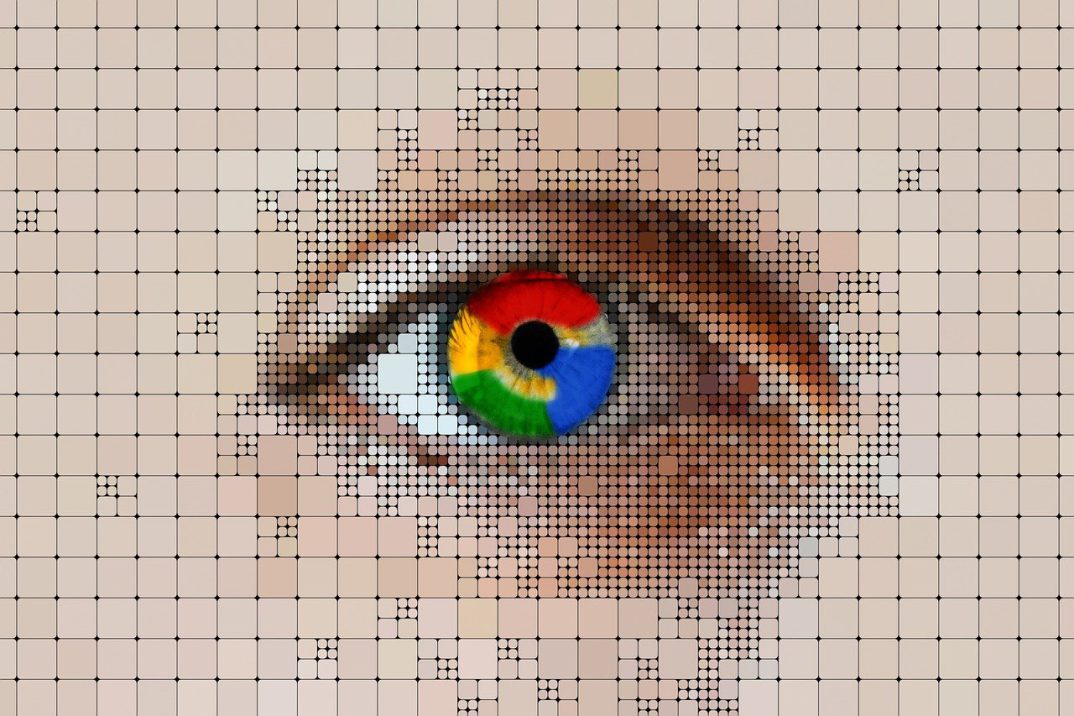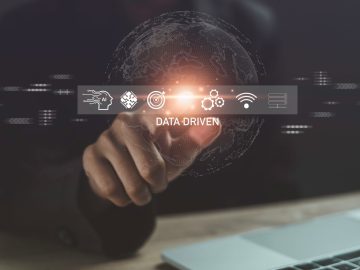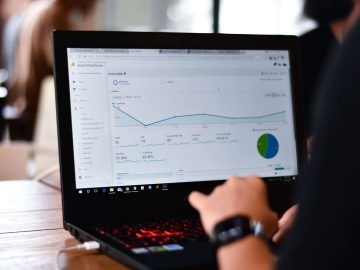Jonathan Boshoff, Founder of the AI SEO academy, recently shared his expertise on the intersection of artificial intelligence and search engine optimization.
Read below to see what he is predicting, how to find the right balance between AI and SEO, his favorite AI SEO tools. and AI growth hacks,
Watch The Full Interview
The Current State of AI in SEO
AI tools like ChatGPT have changed the game for content marketers and SEO managers. One of the most notable shifts has been the surge in AI-generated content. While initially showing promise, experts like Boshoff found that it also quickly revealed its limitations.
Boshoff pointed out several common mistakes businesses make when implementing AI in their content strategy:
- Publishing excessive content without strategic planning
- Neglecting internal linking structures
- Failing to maintain and update existing content
The rush to produce large volumes of AI-generated content has led many sites to compromise on quality and strategic implementation. Google has responded by adjusting its algorithms to identify better and potentially penalize low-quality, AI-generated content. This was seen in the AI spam update in March and further updates.
How to Find the Right Balance
During the podcast, Boshoff emphasized the importance of finding the right balance. That is between AI automation and human creativity.
He recommends using AI for:
However, he stressed that human oversight remains crucial for maintaining content quality and authenticity. For larger websites with thousands of pages, Boshoff suggested taking a programmatic approach focused on usefulness rather than attempting to replicate human-written content at scale.
Boshoff also shared his top three AI tools that have proven invaluable in his work:
The Moonlit platform is my go-to tool. Its drag-and-drop, no-code editor makes it incredibly easy to create custom solutions without getting caught up in technical details.
His other preferred tools included:
- Make.com for automation sequences with AI integration
- ChatGPT for daily tasks and coding assistance
AI Growth Hacks
One of Boshoff’s most successful strategies involved optimizing e-commerce category pages using AI. He used GPT with Google Sheets to generate well-optimized text for category pages, which has shown immediate positive results in traffic growth.
Another technique involved updating title tags and meta descriptions at scale.
Here is what the process looks like:
- Running a Screaming Frog crawl of the site
- Identifying pages needing improvement
- Extracting page content
- Using AI to generate optimized meta information
- Implementing updates systematically
Future Skills and Industry Direction
So, how do we become AI SEO experts too? Boshoff emphasized the growing importance of strategic thinking. While AI tools make implementation easier, success will depend on understanding how to orchestrate these tools effectively. The winners will seek continuous learning through practical experience and experimentation.
The future of SEO and AI will require professionals who ca develop comprehensive content strategies, master AI tool integration, adapt to rapid technological changes, and balance automation with human oversight.
Frequently Asked Questions
Q: How can businesses maintain content quality while using AI tools?
Businesses should use AI as a supplementary tool rather than a complete replacement for human content creation. Implement strong editorial oversight, use AI for initial drafts and research, and ensure human editors review and enhance the content before publication.
Q: What are the key mistakes to avoid when implementing AI in SEO strategy?
The main mistakes include publishing excessive content without proper planning, neglecting internal linking structure, and failing to maintain and update content regularly. It’s essential to maintain a strategic approach rather than focusing solely on content volume.
Q: How can small businesses effectively use AI for SEO?
Small businesses should focus on using AI tools for tasks like keyword research, content planning, and meta description generation while maintaining human oversight for strategy and final content quality. Start with basic tools and gradually expand as you become more comfortable with the technology.
Q: What skills should SEO professionals develop to stay relevant in an AI-driven future?
SEO professionals should focus on developing strategic thinking abilities, learning to work with AI tools effectively, understanding data analysis, and maintaining strong foundational SEO knowledge. The ability to adapt to new technologies while maintaining strategic oversight will be crucial.
Q: How often should AI-generated content be updated?
Content should be reviewed and updated regularly, with priority given to high-traffic pages and those generating the most conversions. Create a systematic approach to content updates based on performance metrics and industry changes rather than following a fixed schedule.




